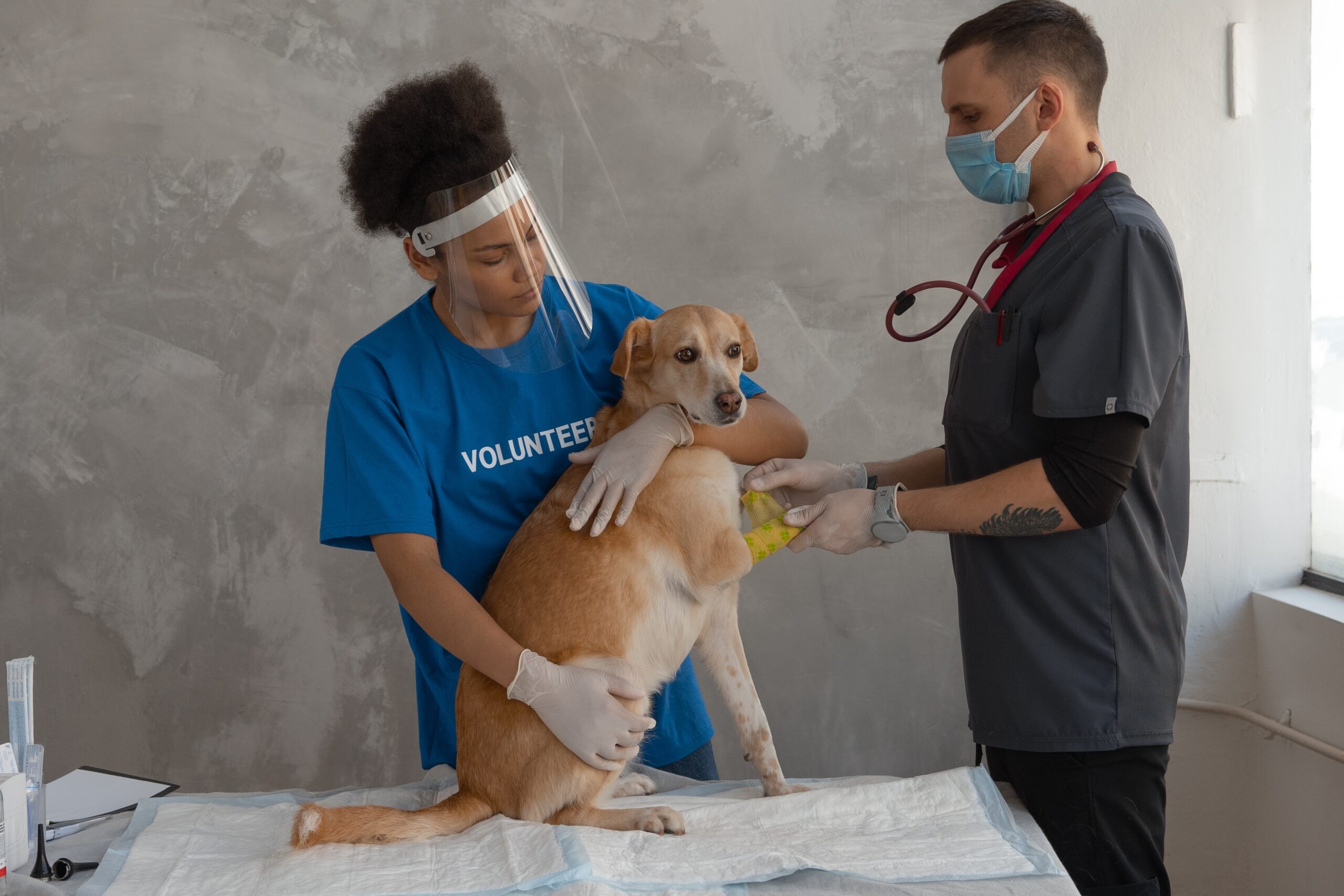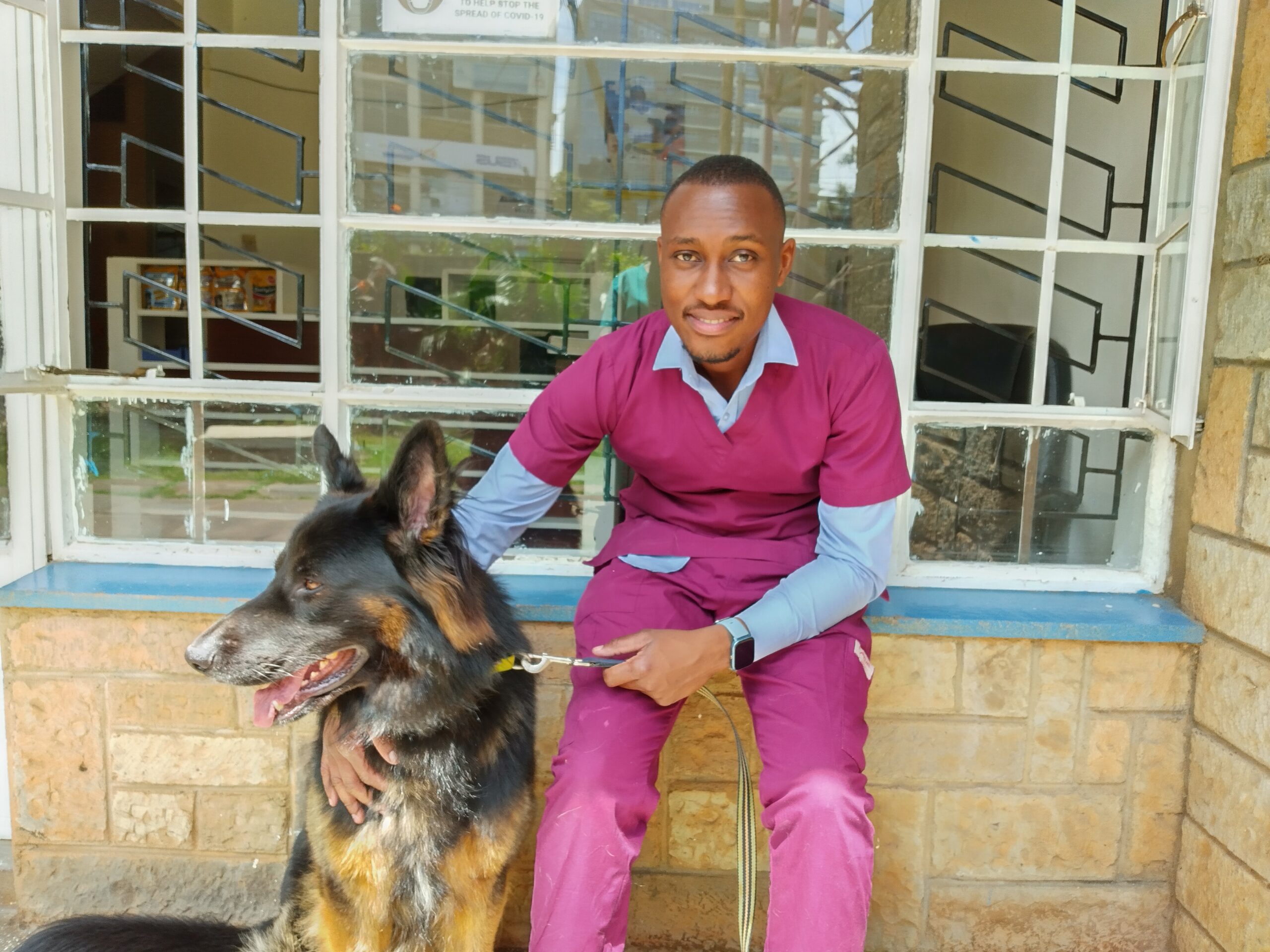Vaccination schedule for pets in Kenya, like in many other countries, is designed to protect pets from various infectious diseases and keep them healthy. However, it’s essential to note that veterinary guidelines may vary slightly depending on the region and individual veterinarian’s recommendations. Here is a general outline of the common vaccinations recommended for dogs and cats in Kenya:
Vaccination Schedule for pets:
- Distemper, Hepatitis, Parvovirus, Parainfluenza (DHP-P):
- Puppies should receive their first DHP-P vaccination at around 6 to 8 weeks of age.
- Subsequent booster shots are given every 3 to 4 weeks until the puppy reaches 16 weeks of age.
- Adult dogs should receive a booster vaccination one year after the final puppy shot, and then every 1 to 3 years, depending on the veterinarian’s recommendation.
- Rabies:
- The initial rabies vaccination is usually given to puppies at around 12 to 16 weeks of age.
- A booster shot is typically administered one year later.
- Adult dogs should receive a rabies vaccine every 1 to 3 years, depending on local regulations and the vaccine used.
- Leptospirosis:
- Leptospirosis vaccination may be recommended in areas where the disease is prevalent.
- The initial vaccination can be given to puppies at around 12 weeks of age, followed by booster shots 3 to 4 weeks later.
- Adult dogs may need annual or triennial boosters, depending on the risk of exposure.
Vaccination Schedule for Cats:
- Feline Panleukopenia (FPV), Rhinotracheitis, Calicivirus (FVRCP):
- Kittens should receive their first FVRCP vaccination at around 6 to 8 weeks of age.
- Subsequent booster shots are given every 3 to 4 weeks until the kitten reaches 16 weeks of age.
- Adult cats should receive a booster vaccination one year after the final kitten shot, and then every 1 to 3 years, depending on the veterinarian’s recommendation.
- Rabies:
- The initial rabies vaccination is typically given to kittens at around 12 to 16 weeks of age.
- A booster shot is usually administered one year later.
- Adult cats should receive a rabies vaccine every 1 to 3 years, depending on local regulations and the vaccine used.
It’s crucial to consult with a veterinarian to create a personalized vaccination plan for your pets based on their age, health status, lifestyle, and the prevalence of diseases in your area. Regular vaccination is essential to protect your pets from preventable diseases and ensure their well-being.







